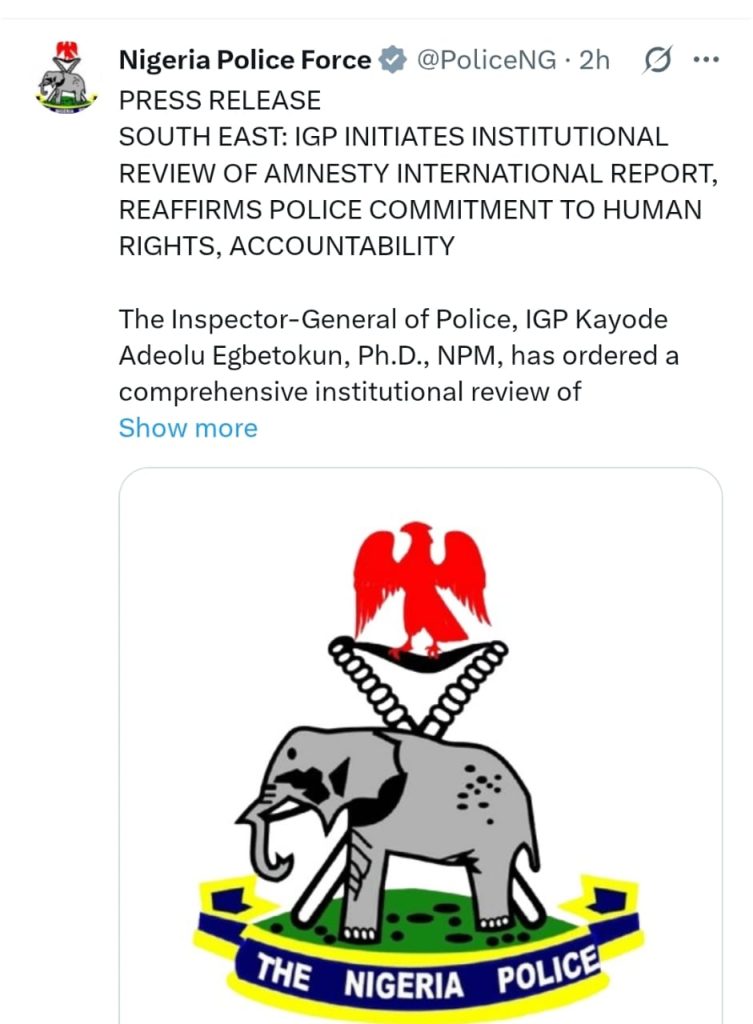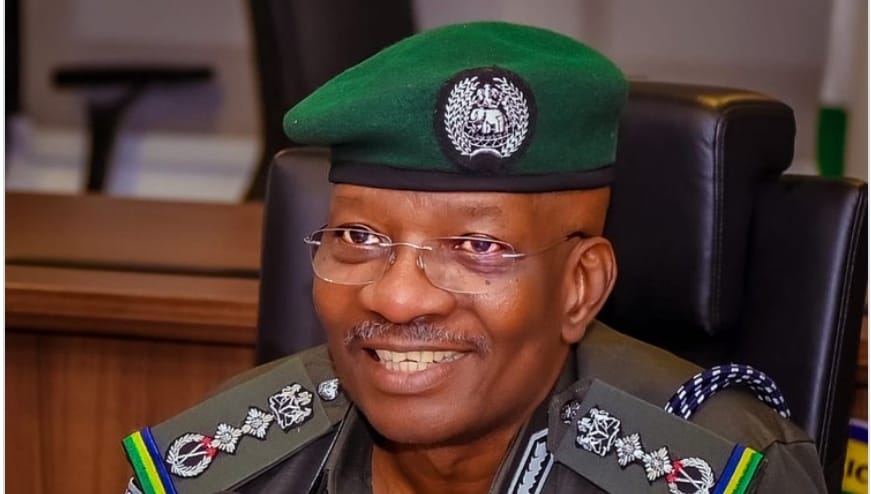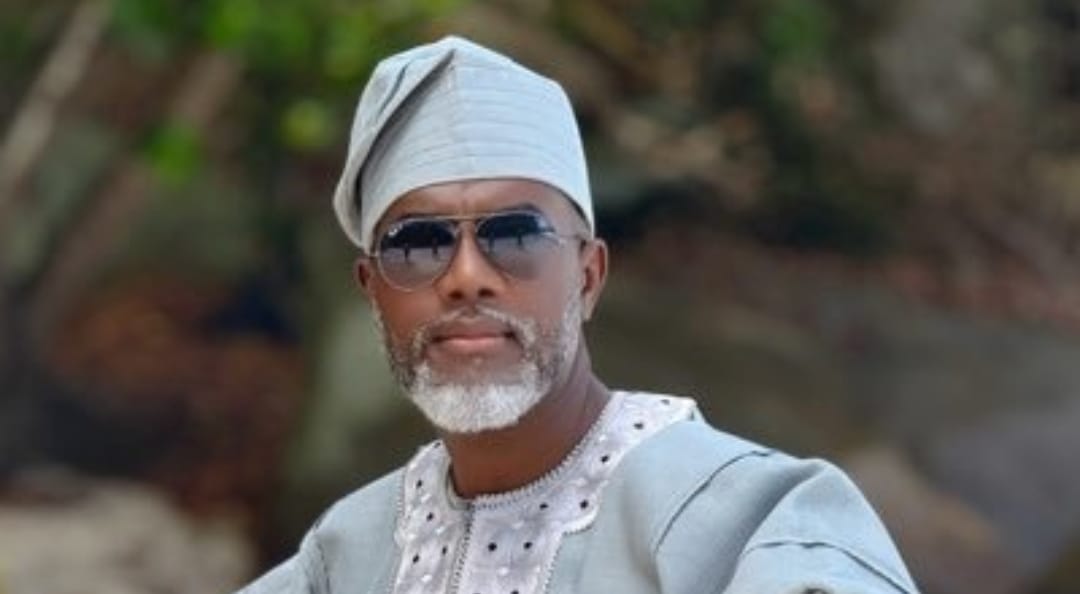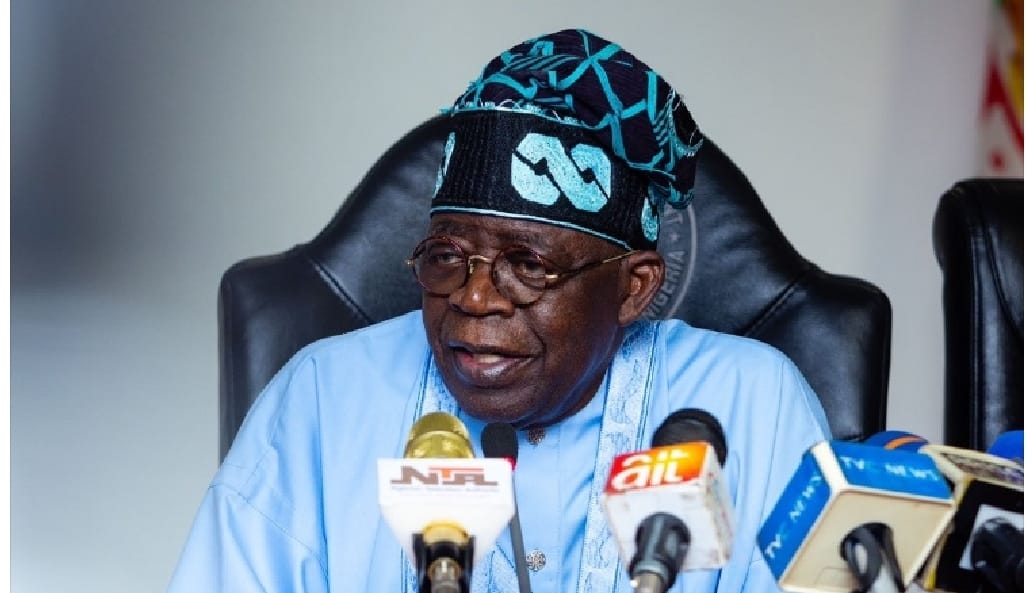The Inspector-General of Police (IGP), Kayode Adeolu Egbetokun, has ordered a comprehensive institutional review of the 128-page report recently published by Amnesty International, titled “A Decade of Impunity: Attacks and Unlawful Killings in South-East Nigeria.”
In a statement released on Saturday, August 16, 2025, and posted on X by the Force Public Relations Officer, ACP Olumuyiwa Adejobi, the Police said the Amnesty International report alleges a recurring pattern of extrajudicial killings and human rights violations by the Nigeria Police Force (NPF) and other security agencies in the region.
According to the statement, the IGP has directed relevant departments and affected field formations to carry out a meticulous line-by-line assessment of the report. This review will involve cross-referencing the allegations with operational records, intelligence reports, and situation updates from police commands and tactical units within the South-East.
While stressing the Police Force’s commitment to safeguarding the rights of all citizens, the statement noted that past reports by Amnesty International have, at times, contained factual inaccuracies and sweeping generalisations. “The current review will therefore be guided by facts, operational evidence, and a dedication to institutional integrity,” it read.
The Police further disclosed that at the conclusion of the assessment, the Force will issue a detailed, evidence-based response to address the specific concerns raised. The IGP emphasised that this engagement would reflect the institution’s principled approach to constructive criticism while ensuring public trust through verified information and contextual clarity.
Reaffirming the Nigeria Police Force’s commitment to lawful, accountable, and rights-based policing, Egbetokun stated that the Force continues to strengthen internal accountability mechanisms, improve training in human rights standards, and advance reforms in line with international best practices.
“The Nigeria Police Force remains open to genuine engagement with civil society organisations, human rights institutions, international partners, and the National Human Rights Commission,” the statement added, urging stakeholders to approach such matters with objectivity, accuracy, and a balanced understanding of the complex security challenges facing the country.

Credit: @PoliceNG via X.








Leave a Reply